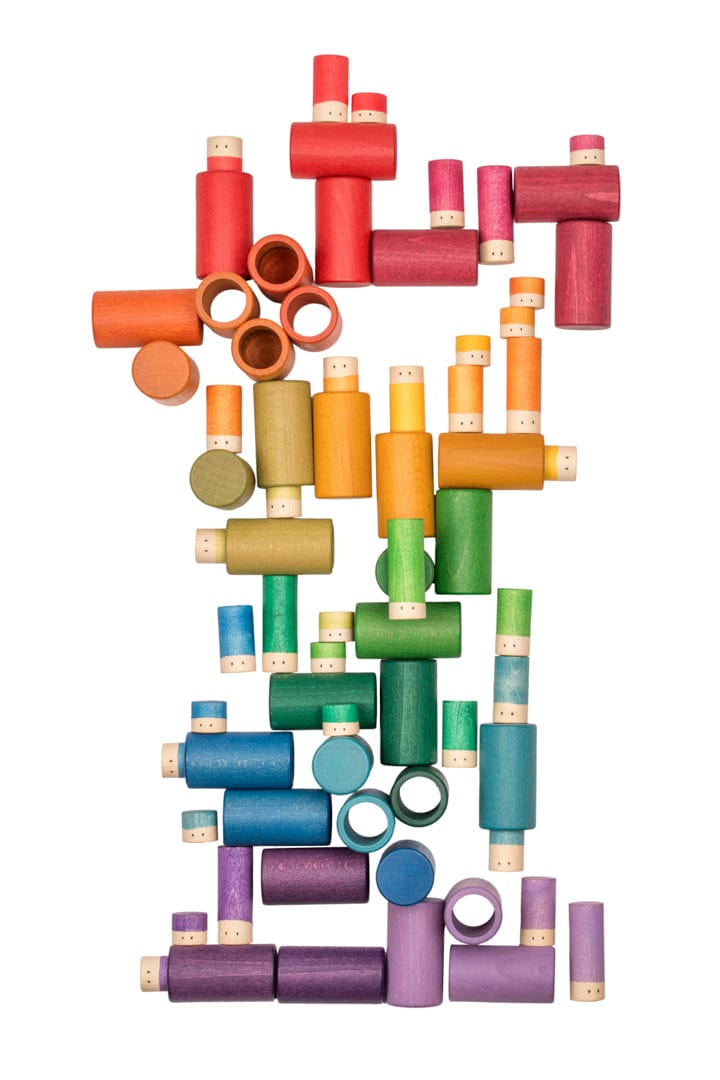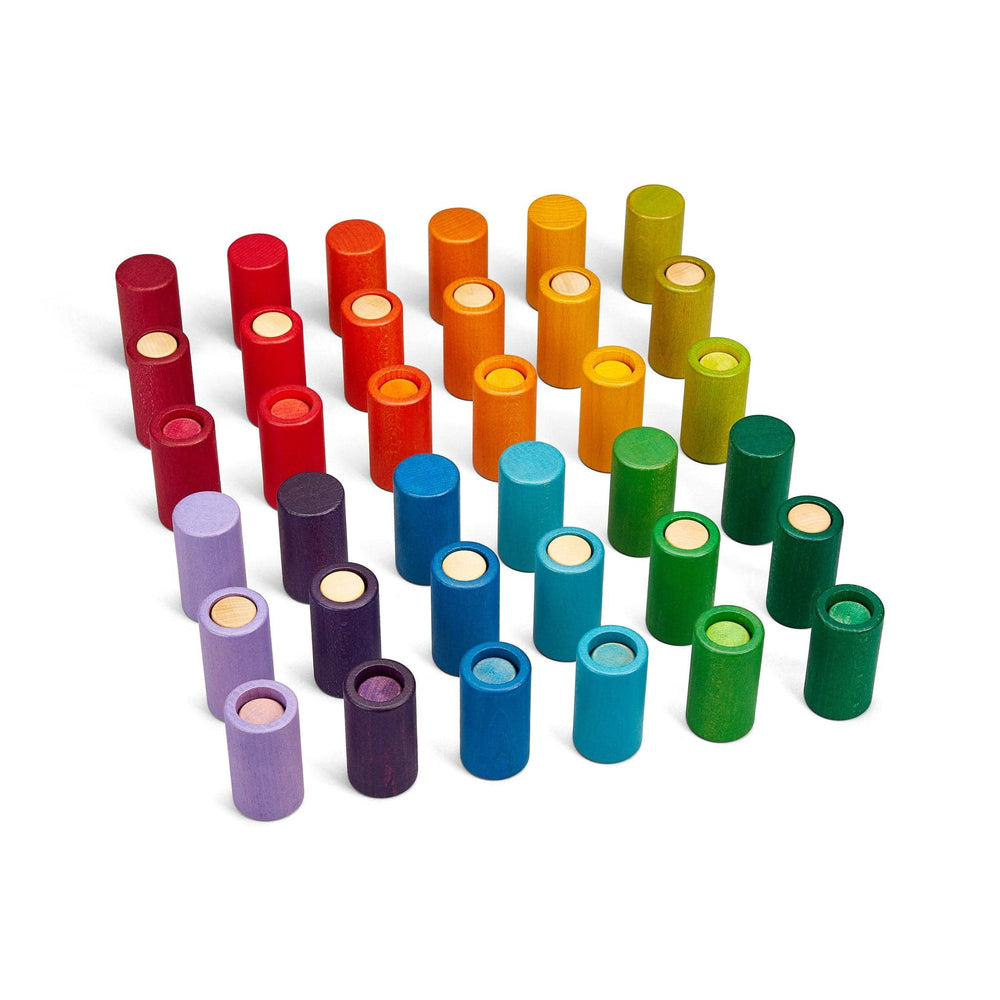How to Set Sustainability Goals and Stick to Them - With Heather Keats
I’ve worked with women on their health in various roles for the past 20 years and for the last few years as a Personal Trainer specialising in health and wellbeing for mums. When the climate crisis became a crisis for me (when I became more conscious of it), I started integrating sustainability into my work with women. I found that by combining sustainability with personal wellbeing my clients realised that these aspects of our lives are naturally connected, and one often has an impact on the other. For instance, some of my clients choose to use a bike or walk more instead of using the car which has an impact on their physical health, mental health and their environmental impact.
I use the SMART goal method with my 1:1 clients and in my membership and the mums I work with have reported great results in terms of creating realistic goals that they can stick to and these habit then become part of their everyday lives.
SMART stands for:
Specific – Get specific about what you want to achieve or reduce or change.
Example ‘ I want to reduce my families food waste’.
Measurable – Make this measurable and quantifiable.
Example ‘I want to cut our food waste by half’
Achievable – Make it realistic. Is this something you can achieve realistically within a set time frame or are you aiming too big? It’s great to aim high but if it’s not achievable you might give up and feel it’s too hard? It’s ok to set small goals and make them bigger as you progress.
Relevant – Is it relevant? For instance, is it likely to have a significant impact for the effort you’ll need to put in? If you have limited time and energy, make sure that the goal fits with your why (see my oat milk example below).
Timely – Set a time frame to achieve your goal and make this realistic so that you can stick to it.
Example - you might decide to give yourself a month to cut your family’s food waste by half so you have time to adjust and make the change gradually. Alternatively, if your goal relates to eating a plant-based diet you might decide to set a time frame of two weeks so that it doesn’t seem like a big sacrifice or a long period to give something up. If the two weeks goes well you can extend it or choose to then incorporate more plant based meals into your diet going forwards.

Five things to help you stick to your goals or lifestyle changes.
- Use a calendar to mark the days you want to do certain things and tick them off as you go. Research shows that our brain likes to see a pattern of those ticks and because we don’t want to see a gap on the calendar, we’re more likely to stick to it.
- Have a regular reward system for your efforts. Time is a great reward for busy parents as it’s what were all lacking. A good reward might be sitting down with a book or magazine for half an hour uninterrupted.
- When we’re reading or consuming too much information we hit overwhelm and might then switch off from being able to motivate ourselves. At these times reconnecting to our why can be useful to boost motivation. For many parents the why is their children so reconnecting back to the reason we’re interested in sustainability is useful.
- Go public with your goal can help to keep you accountable. Post on social media, tell your kids who are sure to hold you to it or get an accountability buddy and motivate each other.
- Find like-minded people to connect with. Join a free FB group like the Smallkind Hub to connect with other people who are on the same path or find people on social media with shared goals. Sustainability podcasts are great for for hints and tips. I like Sustainababble and Outrage + Optimism.
What to do when you’re struggling to stick to your new habits.
Think about who you can you ask for help and support? Is there someone who might be able to free up some time or help with something that's challenging?
Are you holding onto something which might be stopping you from achieving what you want to? Often this is an element of perfectionism and wanting to get things absolutely spot on instead of settling for good enough.
What can you let go of that might help you achieve your goal? Sometimes we need to drop some things to focus on others and accept that some things are not a priority.
How to break down big goals.
Don’t try to do it all at once. Focus on one goal at a time and make the new habits stick before making more changes. Start off with the thing that might make the biggest difference in your life or choose something that will be the easiest so that this boosts your motivation and then go from there.
What if you start to lose motivation or feel like your contribution is small?
This comes up a lot when women are making lifestyle changes. Don’t underestimate the power you have as a parent. You’re literally raising the future and have a direct influence on the next generation who hold the power to move us towards more sustainable living.
Give yourself space and time along the journey to look at what’s getting in the way. I embarked on a mission to make my own oat milk about six months ago and it just didn’t happen. I could have beat myself about this but eventually I realised that this wasn’t the right goal. I don’t actually enjoy time in the kitchen that much and the difference I could achieve making my own plant milk (saving on tetra packs and resources used to make them) doesn’t really have as big an impact as some of the other things I’ve done such as setting up a sustainable health group and a local climate action group. So I had to let this goal go.
It’s important to be honest about what we are doing and what we can achieve to avoid getting sucked into a polished social media version of sustainability (complete with glass bottles of homemade oat milk!) which only leads to comparison and can make us feel unnecessary guilt.
So why not grab a pen and paper and plan out your first SMART sustainability goal. Remember to make it realistic and do let us know how you get on.
If you found this useful and want help with your health, fitness and sustainability goals or to learn more about Heather you can find her at www.healthkeats.co.uk and sign up to the newsletter which is full of useful stuff on health, wellbeing and sustainability.










Leave a comment